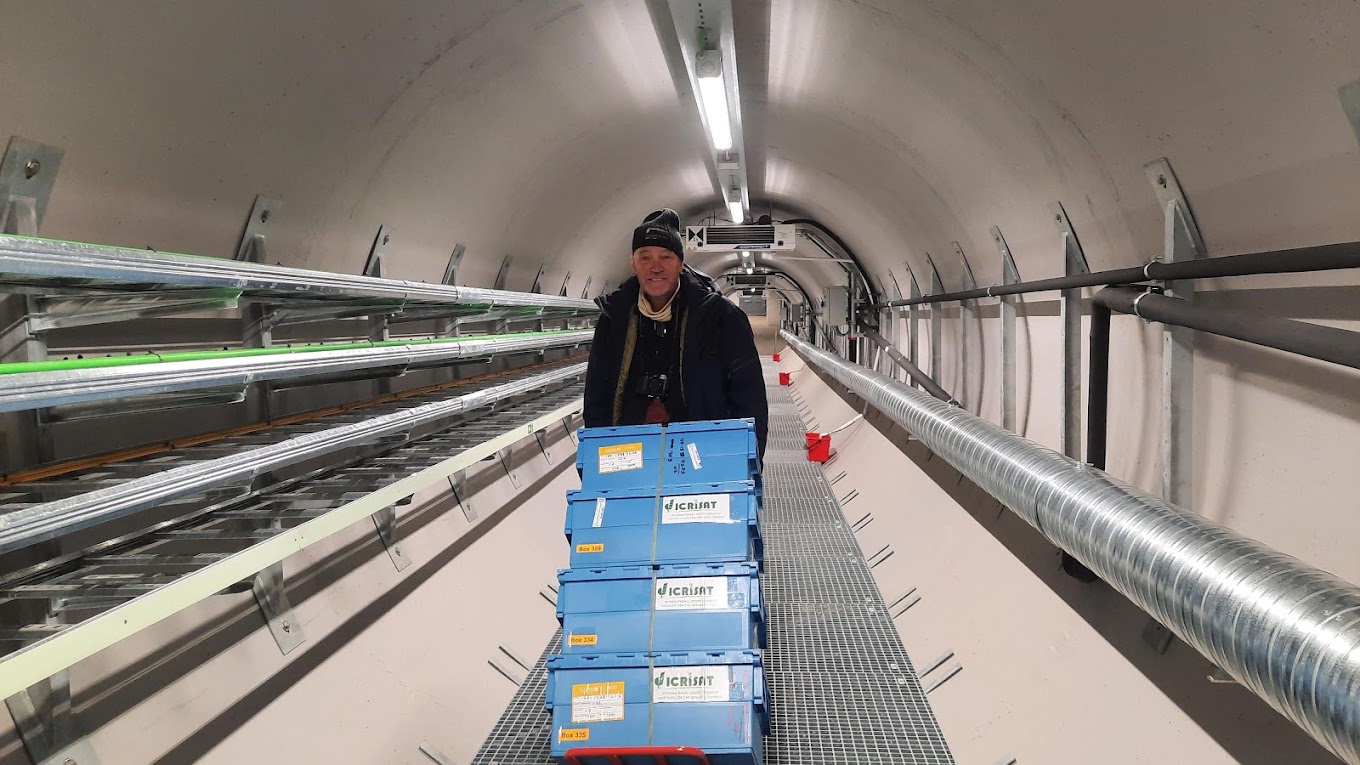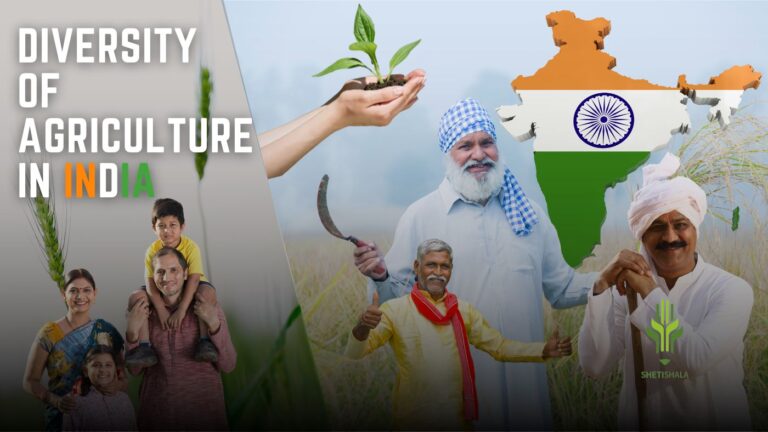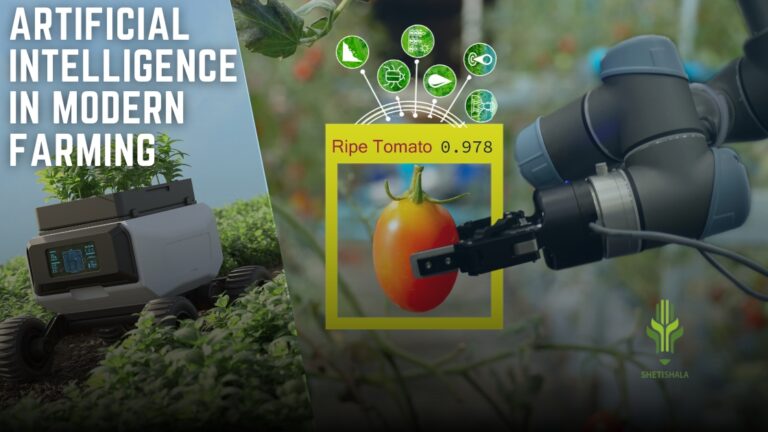
Introduction
In the remote Arctic archipelago of Svalbard lies a remarkable facility that holds the key to preserving the world’s agricultural heritage – The Svalbard Global Seed Vault. This underground vault, often dubbed as the “Doomsday Vault,” serves as a critical safeguard for our planet’s biodiversity, ensuring the survival of vital crop species for future generations
The Importance of the Svalbard Global Seed Vault
The Svalbard Global Seed Vault, nestled deep within the permafrost of the Norwegian island of Spitsbergen, serves as the ultimate insurance policy against the loss of agricultural diversity. With climate change, natural disasters, and human activities posing threats to crop diversity, the vault plays a crucial role in preserving seeds from around the world.
Official site of Svalbard gobal seed Vault https://www.seedvault.no/
How Does the Seed Vault Work?
Constructed to withstand natural and man-made disasters, the Seed Vault acts as a secure repository for seeds from gene banks worldwide. Seeds stored in the vault remain frozen at -18°C (-0.4°F), ensuring their viability for hundreds, if not thousands, of years. The facility’s remote location and rigorous security measures provide an added layer of protection.

Contributions to Global Conservation Efforts
The Svalbard Global Seed Vault is a testament to international collaboration in safeguarding agricultural biodiversity. Seed banks from over 100 countries have contributed samples to the vault, creating a diverse and resilient gene pool for future agricultural needs. This collective effort ensures that no single catastrophe can wipe out crucial crop species.
The Role of Seed Banks in Agricultural Sustainability
Seed banks, including the Svalbard Global Seed Vault, play a vital role in ensuring agricultural sustainability. By conserving a wide range of crop varieties, these facilities enable breeders and researchers to develop new resilient varieties adapted to changing environmental conditions, pests, and diseases. This genetic diversity is crucial for maintaining food security and resilience in the face of climate change.
The importance of one seed
The importance of one seed to sustain humanity is multifaceted and profound, serving as the cornerstone of our agricultural systems and the foundation of our food security. Each seed represents a unique genetic variation that contributes to the overall diversity of plant species. This genetic diversity is essential for breeding new crop varieties with traits such as disease resistance, drought tolerance, and nutritional content. Without genetic diversity, crops are more susceptible to pests, diseases, and environmental stresses, jeopardizing global food security.
Seeds are the starting point for agricultural production, serving as the foundation of our food system. By preserving a wide variety of seeds, we ensure a continuous and reliable food supply for current and future generations. Each seed has the potential to grow into a plant that provides nourishment, sustenance, and economic livelihoods for communities around the world.
In addition to their role in food security, seeds also play a crucial role in adapting to climate change. As our climate changes, agricultural systems must adapt to new conditions such as extreme weather events, shifting temperatures, and changing precipitation patterns. Seeds with diverse genetic backgrounds have the potential to adapt and thrive in these changing environments, helping farmers maintain productivity and resilience in the face of climate uncertainty.
Furthermore, seeds carry with them the cultural heritage and traditional knowledge of generations of farmers. Preserving heirloom and indigenous seeds not only ensures the continuation of unique culinary traditions but also maintains the cultural identity and sovereignty of communities worldwide.
Seeds also contribute to ecosystem health by supporting biodiversity, soil fertility, and pollinator populations. By preserving seeds, we protect the interconnected web of life that sustains our planet, ensuring the health and resilience of ecosystems for future generations.
In summary, the importance of one seed to sustain humanity lies in its ability to provide food security, adaptability to changing climates, preservation of cultural heritage, and maintenance of ecosystem health. By valuing and protecting seeds, we safeguard the foundation of our agricultural systems and ensure a sustainable future for all.
Conclusion: Securing Our Agricultural Heritage
As we face unprecedented challenges posed by climate change and population growth, the importance of preserving crop diversity cannot be overstated. The Svalbard Global Seed Vault stands as a beacon of hope, ensuring that the genetic resources essential for our food security and survival remain safe and accessible for generations to come.
In conclusion, the Svalbard Global Seed Vault serves as a critical lifeline for humanity, preserving our agricultural heritage and securing the future of food. By understanding its significance and supporting conservation efforts, we can work together to ensure a sustainable and resilient food system for all.
The Svalbard Global Seed Vault represents a triumph of human ingenuity and collaboration, offering hope in the face of uncertainty and ensuring that future generations inherit a world rich in biodiversity and agricultural abundance.

check my others blogs



